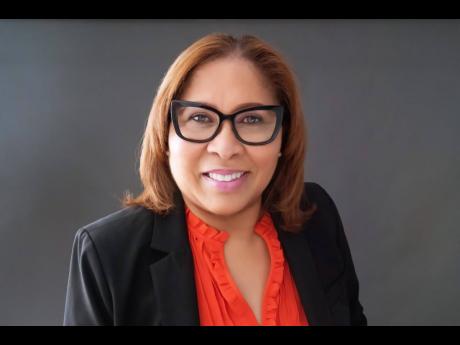Immigration Corner | How do I pay for my derivative son?
Dear Mrs Walker Huntington
Does the $625 fee I pay for the filing also cover for the derivative children? My mother is filing for me to go the US from Jamaica, and I also have a son that is 14. I added his name, so I thought it would double the price, but at the end of the online form, it only calculates $625.
LD
Dear LD,
In certain categories of relative petitions to migrate to the United States, a petitioner (sponsor) files for their relative and the relative’s derivatives can accompany them to the United States – once the petition is approved. However, in other categories, a petitioner must file for each person individually.
In the case of a mother filing for a son/daughter who has a child – the petitioner files for her son/daughter (the primary beneficiary - PB). That PB lists his/her child (derivative beneficiary) on all application forms, but the petitioner is only filing for her PB son/daughter with US Citizenship & Immigration Services (USCIS). After the petition is approved and the file is transferred to the National Visa Center (NVC), the file is split, and each beneficiary (primary and derivative) will be charged for the visa fee, and there will be an assessment of one Affidavit of Support fee for the entire family. If the primary beneficiary has more children during the time the file takes for a visa to become available and for the file to be processed at the NVC, the PB can notify the NVC and add the additional children.
However, eg, if the petitioner is a US citizen spouse filing for their spouse and there are children involved, the US citizen spouse must file separate petitions for spouse and children from the very beginning with USCIS. Each person is their own beneficiary in this category and all files will proceed individually.
It is important to know which categories require individual petitions and in which categories the derivative beneficiaries can ride along. Some persons make the mistake of thinking that in all categories listing the names of the derivative beneficiaries means that they have been filed for, and heartbreak sets in when the case gets to the second phase of processing with the NVC and it is realised that the derivative needed their own petition.
Dahlia A. Walker-Huntington, Esq. is a Jamaican-American attorney who practises immigration law in the United States; and family, criminal and international law in Florida. She is a diversity and inclusion consultant, mediator and former special magistrate ad hearing officer in Broward County, Florida. info@walkerhuntington.com


